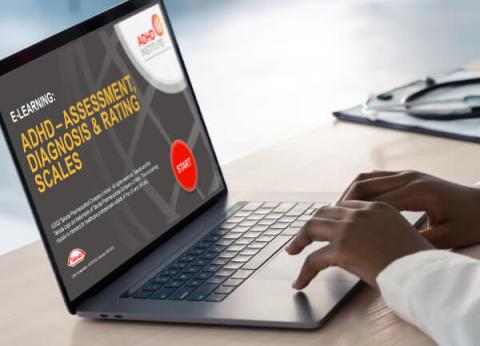
Welcome!
Attention-deficit hyperactivity disorder (ADHD) is a diverse condition characterised by symptoms of inattention, hyperactivity and impulsivity; and can have a significant impact on patients’ lives.1,2 This website provides educational resources intended for healthcare professionals outside the US and Great Britain & Northern Ireland with an interest in ADHD. It aims to share scientific advances in ADHD research and provide expert opinions and medical knowledge to support the healthcare professional community.
- American Psychiatric Association. Diagnostic and Statistical Manual of Mental Disorders, Fifth Edition, Text Revision. Washington, DC: American Psychiatric Association, 2022.
- World Health Organization. ICD-11: International Classification of Diseases 11th Revision. 2021. Available at: https://icd.who.int/. Accessed January 2025.

Burden of ADHD
ADHD is a diverse disorder with complex epidemiology and aetiology, which can have a significant impact on affected individuals’ lives.What is ADHD?…

Aetiology
The aetiology of ADHD is complex, and evidence suggests that genetic and environmental factors affect the neurological basis of the disorder. What…

Epidemiology
ADHD affects people of all ages, and prevalence rate and symptom presentation vary between children, adolescents and adults. What is the prevalence…












